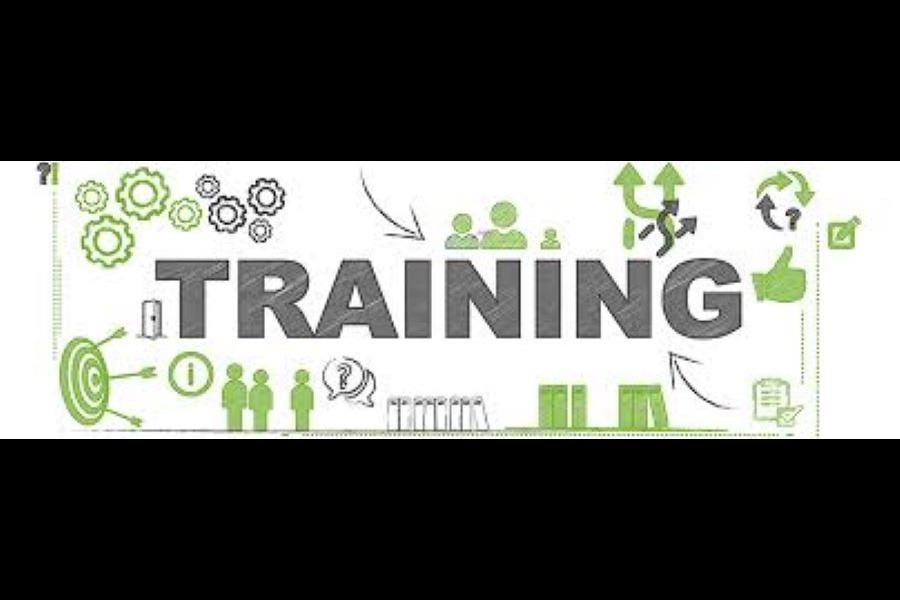
Training on ZDHC
Risk assessment training provides individuals and organizations with the skills and methodologies needed to identify, evaluate, and manage potential risks. It is an essential part of proactive safety and operational planning, ensuring that organizations are prepared to mitigate risks effectively.
Importance:
-
Regulatory Compliance: Meets legal and industry safety standards, avoiding penalties or legal actions.
-
Proactive Risk Management: Encourages early identification and mitigation of risks, reducing reactive measures.
-
Organizational Preparedness: Strengthens the organization’s ability to handle emergencies or unexpected disruptions.
-
Cultural Awareness: Fosters a workplace culture focused on safety and risk awareness.
Benefits:
-
Enhanced Workplace Safety:
- Reduces the likelihood of accidents and injuries.
- Protects employees and assets from harm.
-
Operational Continuity:
- Minimizes disruptions by identifying risks before they escalate.
- Improves crisis response through preparedness.
-
Cost Savings:
- Reduces costs associated with accidents, legal issues, and downtime.
- Improves resource allocation by focusing on priority risks.
-
Better Decision-Making:
- Equips employees with tools to evaluate risks objectively.
- Supports strategic planning by incorporating risk mitigation strategies.
-
Employee Confidence and Morale:
- Instills confidence in employees, knowing their workplace prioritizes safety.
- Encourages active participation in safety practices.
-
Reputation Management:
- Protects the organization’s reputation by avoiding preventable incidents.
- Demonstrates commitment to stakeholder safety and well-being.
-
Tailored Solutions:
- Allows organizations to develop specific risk management plans suited to their industry and operations.
Risk assessment training is a vital investment for organizations aiming to enhance safety, improve efficiency, and maintain long-term resilience in a rapidly changing environment.


